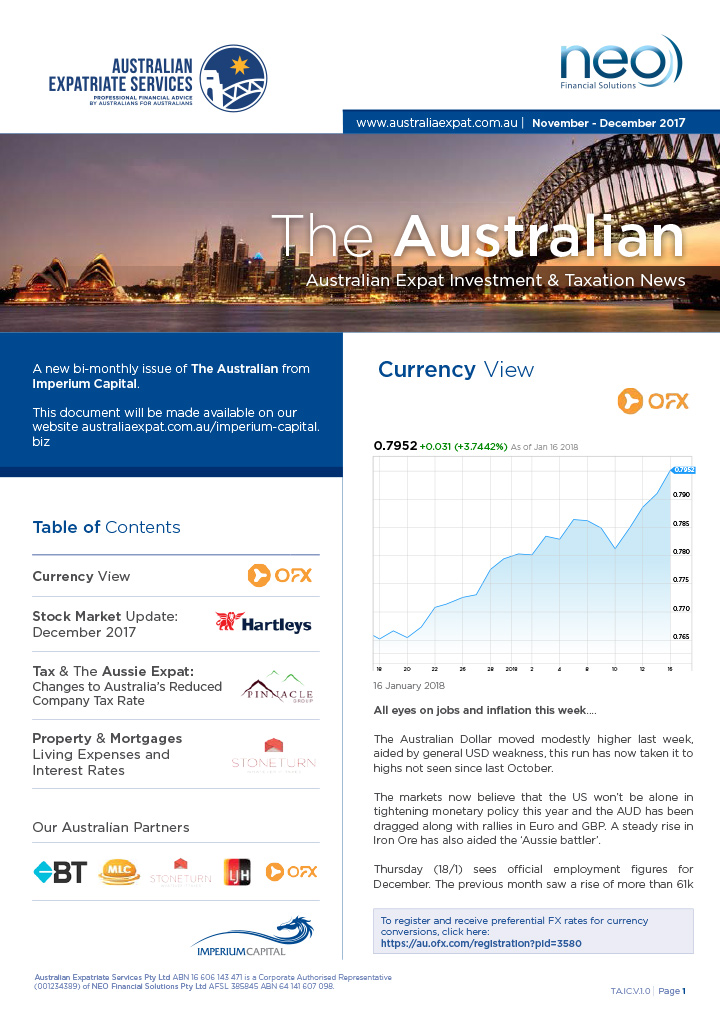Currency View by OFX


Last week’s news
- Last week, U.S. stock markets suffered their worst fall since “Black Monday” in 1987, leading to two temporary closures of the New York markets and a 15-minute pause in trading from the triggering of the “circuit breaker.” S&P 500 futures were down 30% at the low on Friday from the previous high reached on February 20th. European bourses also suffered with the Euro Stoxx 50 index price falling 34.4% over the same period. Trump’s flight embargo saw stocks in travel companies and airlines decline sharply.
- ECB President Christine Lagarde has killed expectations in Europe of any attempt to respond to the Covid-19 outbreak from a monetary policy front. She said, “…we are not here to close spreads,” which is essentially saying that it isn’t her job to keep a lid on the yields of sovereign bonds and the ghosts of the sovereign debt crisis haunting Europe again. Lagarde just reiterated a call for fiscal actions, adding fears that the ECB can no longer act as a stabilizing force for the currency union. Many market participants were expecting a cut in either its primary financing or its deposit rate to stimulate the economy, but this is no longer the case. With rates already so low and negative, there is little wriggle room for the ECB to move. Euro has been benefiting from this environment.
- President Donald Trump has officially declared a national emergency over the coronavirus outbreak in the U.S. He said the U.S. would free up $US 50 billion to deal with the pandemic, and he also invoked the Stafford Act to allow for more federal aid for states and municipalities. He added, “I’m urging every state to open emergency operations centres … we’ll remove or eliminate every obstacle necessary to deliver our people the care that they need and that they’re entitled to” This marks a symbolic turning point for the president, who has repeatedly compared the coronavirus to the seasonal flu.
- Crude oil prices have fallen 56.5% from this year’s high of around $US 65.5 a barrel to mid $US 28 at the beginning of last week. Price wars continue to ramp up between the OPEC and Russia in an environment that will most likely see global demand for oil wane in the coming quarters.
- The Greenback continues in a free-fall mode as the coronavirus continues to bring bad news to the financial markets. Even with the Fed slashing 50 basis points in its overnight rate (from 1.5% to 1%) to mitigate the economic impact. The Fed has not made such an emergency move since the 2008 financial crisis. The FX market continues to be driven by fear and mounting concerns that the coronavirus outbreak will slow record U.S. and global economic expansion.
- Following a unanimous vote at the Monetary Policy Committee (MPC), the Bank of England (BOE) made an emergency cut of 50 basis points, from 0.75% to 0.25% to “contain the virus”. However sophisticated market participants were not as surprised and based on the Pound reaction, the majority of the cut was already priced in; the GBP has been under pressure since the start of the year. The MPC also voted unanimously for the BOE to introduce a new Term Funding scheme with additional incentives for Small and Medium-sized Enterprises, financed by the issuance of central bank reserves. Bank of England Governor Mark Carney said the central bank is ready to take more action if necessary, to defend the economy against the coronavirus outbreak. Carney also said quantitative easing remains part of the BOE toolkit.
Looking ahead
- Volatility of G7 nation currencies surged to surpass that of emerging market peers for the first time since 2018. While developed economies saw wilder price swings amid the US-China trade war, the financial market fallout from the coronavirus outbreak and the oil-price has been centred on the bigger economies. This may signal that EM currencies may be able to better withstand but Global market dependencies on the USD as currency of trade and collateral, could also put pressure on emerging markets, which tend to be indebted in USDs
- The reduction of U.S. dollar reserves globally and the consistent increase of spreads for corporations in U.S. money markets have made it more expensive for companies to get funding and are restricting the capacity of U.S. banks to lend internationally, inciting offshore demand for U.S. dollars and increasing the cost to hedge local currency exposure around the world. This situation has sprinkled into the G-3 pair currencies (EUR/USD, USD/JPY, and GBP/USD) and has caused an increase in the U.S. dollar of 1.57%, 5.9%, and 2.12% versus the Euro, Yen, and Pound respectively over the last week. At the same time, Emerging Market currencies are suffering because liquidity concerns are overwhelming the global economy; the difference between 1 and 12-month forward yields has widened sharply across emerging markets, pushing FX hedge costs higher.
- It’s possible ECB’s Lagarde is trying to maintain pressure on the Euro area’s political leaders to boost spending and devise a coordinated fiscal response to the virus. She said the current shock would need “first and foremost” a response from governments. Germany has launched some targeted measures, but they don’t amount to much. Lagarde said that the virus response must be fiscal, adding that the next ECB press conference will be entirely online to avoid the highly contagious virus.
Key market events this week
- AUD Unemployment Rate (Feb) – Thursday
- AUD RBA Emergency Meeting – Thursday
- NZD Gross Domestic Product QoQ (4Q19) – Thursday
- USD Initial Jobless Claims (Mar) – Thursday
Disclaimer
Note that specialist Accounting, Property, Mortgage and Foreign exchange services offered by our partners, Stoneturn, OFX, Hartley’s and LJ Hooker are via referral arrangement only. Australian Expatriate Services are not responsible for any advice/services provided by these Firms.

